First published in Great Britain in 1995 by
Michael OMara Books Limited
9 Lion Yard
Tremadoc Road
London SW4 7NQ
This electronic edition published in 2014
ISBN: 978-1-78243-252-4 in ebook format
ISBN: 978-1-85479-716-2 in hardback print format
Copyright 1995 Michael Foss
Every reasonable effort has been made to acknowledge all copyright holders. Any errors or omissions that may have occurred are inadvertent, and anyone with any copyright queries is invited to write to the publishers, so that a full acknowledgement may be included in subsequent editions of this work.
All rights reserved. You may not copy, store, distribute, transmit, reproduce or otherwise make available this publication (or any part of it) in any form, or by any means (electronic, digital, optical, mechanical, photocopying, recording or otherwise), without the prior written permission of the publisher. Any person who does any unauthorized act in relation to this publication may be liable to criminal prosecution and civil claims for damages.
The moral right of the author has been asserted.
A CIP catalogue record for this book is available from the British Library.
Typeset by Florencetype Ltd, Stoodleigh, Devon
www.mombooks.com

Contents

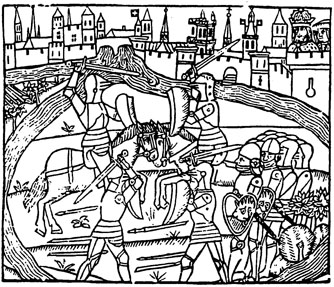
I f he could find a dry place for the table, between the drips from the ceiling, he would get the work under way.
The room was large, but low, dank and foul. The air was fetid with odours of rot. Outside, a curtain of November drizzle drifted by the small, barred window. What did he expect? This was Newgate prison, at the start of a London winter, and a cell was no ladys chamber. But he had seen worse places, and a long career as a soldier had taught him to endure. From his youth he had taken the chances that life threw at him and had gone on resolutely.
Now that he was brought to rest he had time to reconsider. He remembered his early days, raised as a man of property in the county of Warwickshire. Eager for all adventure in the entourage of his liege lord, the famous Earl of Warwick, he had fought at the siege of Calais in 1436. Who better to teach chivalry than the earl, descendant of the legendary hero Guy of Warwick, of whom even the Saracens had heard? In the long-drawn-out French wars the earl had fought many resplendent and glorious jousts, on foot and on horseback, with broadsword and lance. In Jerusalem he had charmed even the infidel Turks. At the Council of Constance, the Holy Roman Emperor himself had declared that this English knight, Richard of Warwick, was the flower of courtesy and honour. Under the patronage and example of Warwick, the prisoner had fared well. By 1445 he sat in Parliament: Sir Thomas Malory, knight of chivalry and representative at the seat of government for the county of Warwickshire.
But his life began to go wrong. In the Wars of the Roses, which shattered his land for so many bitter years, he had taken the unlucky side. On behalf of the Lancastrians he had plundered and looted, been cruel and brave, wily and treacherous. He had done all those things a soldier must do in the agony of a civil war. Few chances for chivalry lay there. Slowly, the party he supported sank. Malory grew desperate with the times. He was deep in debt, ruining his inheritance with the expenses of war. He was accused of brigandage and cattle-stealing. Twice he was charged with rape. On successive days he tried to plunder the Abbey of Combe. Most shamefully, he attempted to murder the Duke of Buckingham.
In retrospect, Malory thought with wonder, How did I step so far from the path of honour? Truly, passion and party feeling, when they ride together, soon force chivalry from the field.
Indicted for these and other offences, Malory saw the inside of several prisons after 1450. Indicted but not convicted, he benefited from the privileges of his class. The law was easy on knights. His imprisonment was quite gentlemanly, without the brutality and dire execution that so often awaited common criminals. Loosely guarded, he twice escaped: once he swam the moat in the night and fled; another time, he organized a break-out of armed desperadoes. But this boldness and enterprise made him a danger to the Yorkists. When Edward IV gave a general pardon to the Lancastrians, Malory was excluded. He was sent to Newgate, in London, where the authorities could keep an eye on him. Time lay on his hands. As long as a king of the House of York reigned, he could expect no release.
Sir Thomas Malory was that odd thing in the fifteenth century a bookish knight. The poems of the troubadours, singing of courtly love, had beguiled his early years; later, he read the tales and romances of chivalry. He himself had stories to tell. In his riotous and unreflective way he too had been a knight errant, doing mighty deeds in France and England until poverty and weariness and the cruel polity of civil war had overwhelmed his ideals. He did not regret his life. No, he had tried in the main to live in the great tradition that noble men and gentle ladies ought to follow. But what did they know about it now? The world of heroism and knightly courtesy was dying. Warfare had become filth and butchery. The world forgot. But he had the inclination, and chance had given him the time, to set out once more the old tales of love and gallantry before they were finally blotted out by the raw torrent of blood.
Locked up in Newgate, he set to his task. Whittington, lord mayor of London, had founded a famous library in the house of the Grey Friars, no more than a hundred paces from Newgate. As a knight and a political prisoner, Malory was permitted the indulgence of books. A soldier caged and preoccupied with old volumes was no further danger to the state. Lucas the jailer would fetch them. That simpleton could just be relied on to make the short walk between Newgate and Grey Friars.
Impatiently, Malory waited for his messengers return. With many grumbles Lucas dumped heavy volumes on the cell table. Malory blew off the dust. He turned many stained and scuffed pages, smelling the old leather of the bindings. Words, so many words. Dust got in his nose and made him sneeze; faint ink and the vagaries of the handwritten script tested his eyes in the poor prison light. Often his heart sank. What, he wondered, had these artifices of chivalry got to do with present reality with the locked door and the creeping damp, with the insolence of the Yorkist victory and the pain of Lancastrian defeat? Then he began to read once more, and his resolve returned. All that is written here, he told himself, is for our doctrine, so that we fall not into vice or sin, but exercise and follow virtue.
With renewed energy he plunged into the books. On the cell table lay the old Latin stories of Arthur of Britain, more fiction than history. And there, at another time, were piled long French romances in verse and prose. With slow deliberation, Malory read and noted. He read the English Sir Percyvell, the French Perlesvaus, the German Parzival. He knew tales from many lands of Merlin, Gawain, Tristan and Galahad. He studied the Mort Artu and the alliterative Morte Arthur

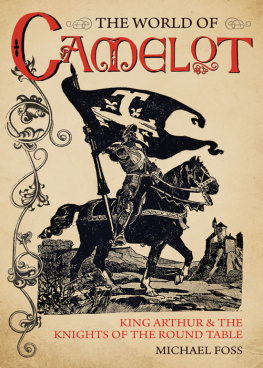
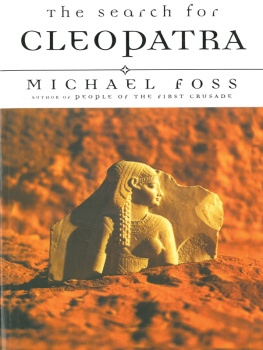
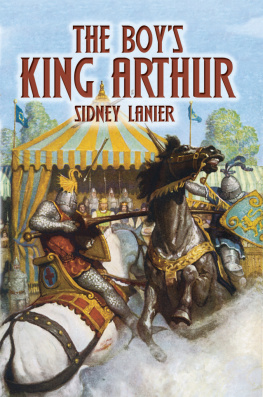

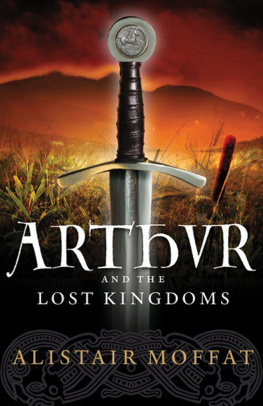
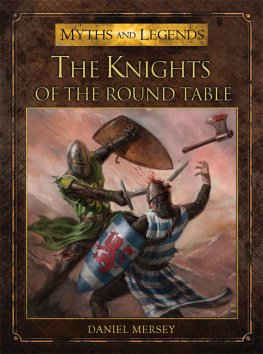

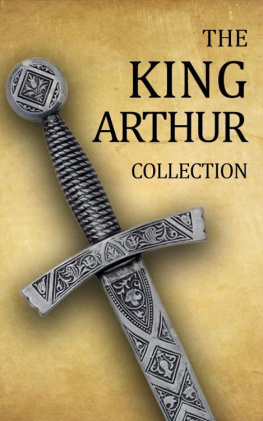
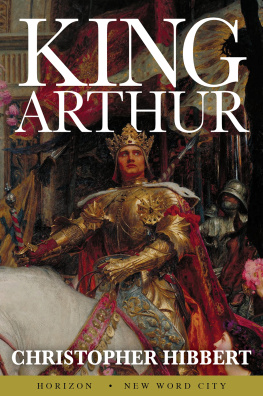
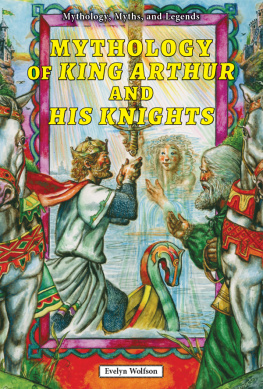
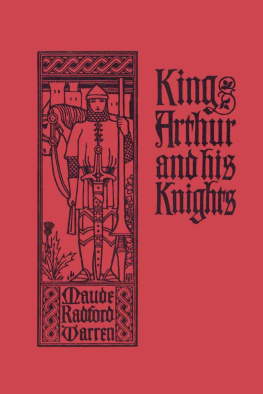
 Contents
Contents 